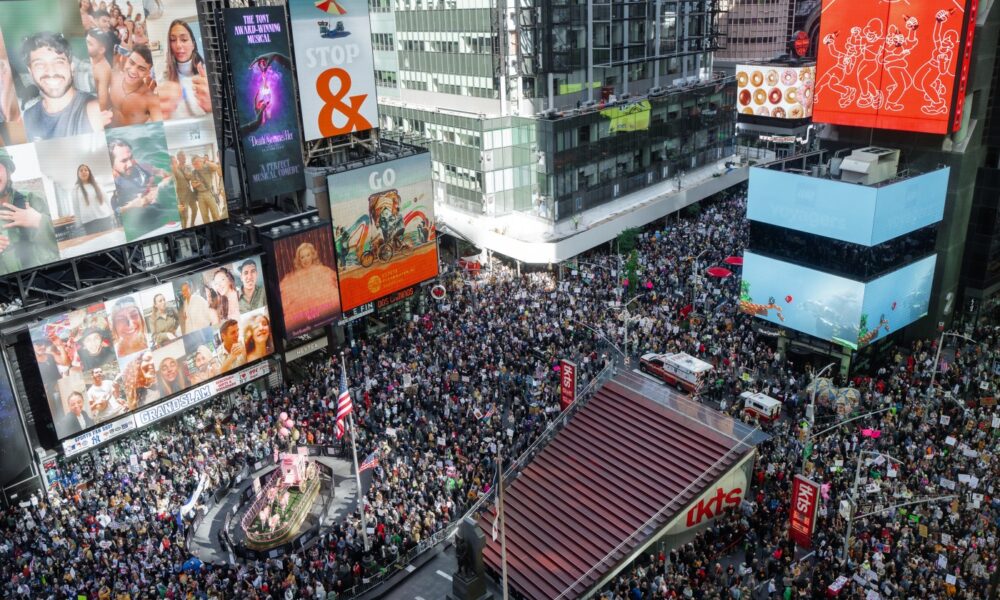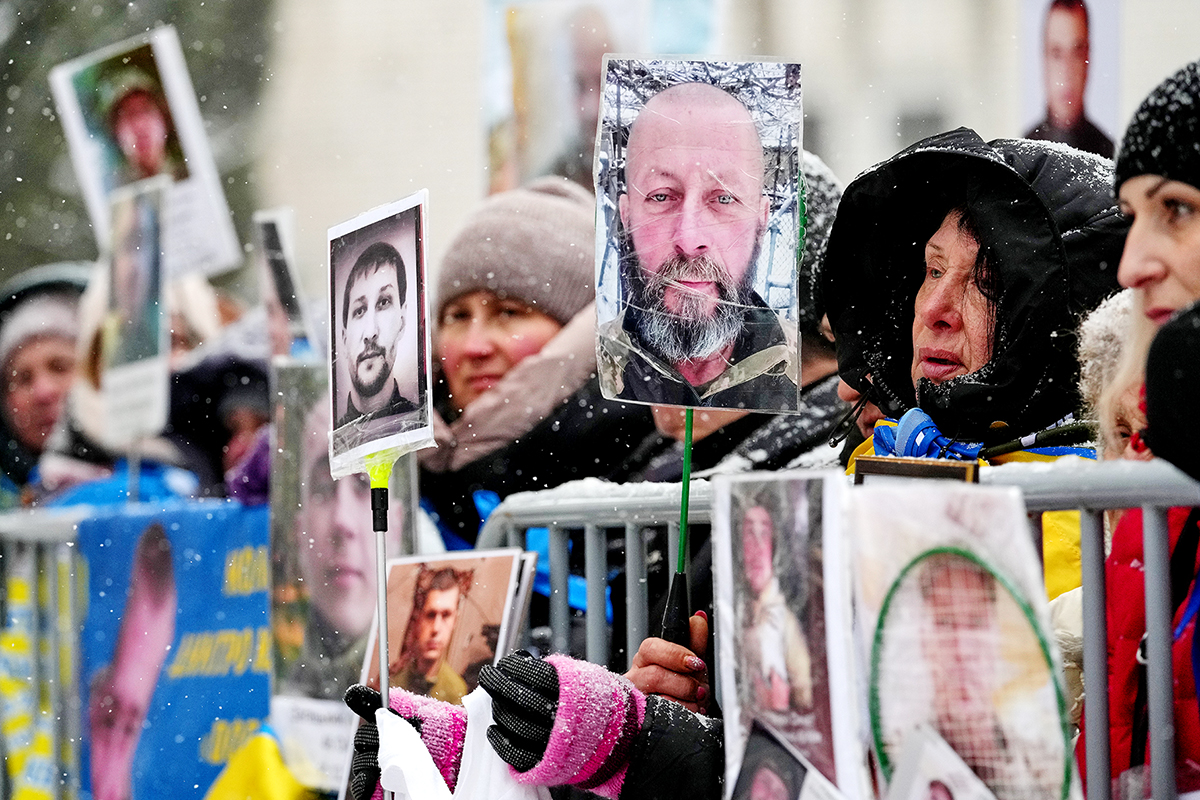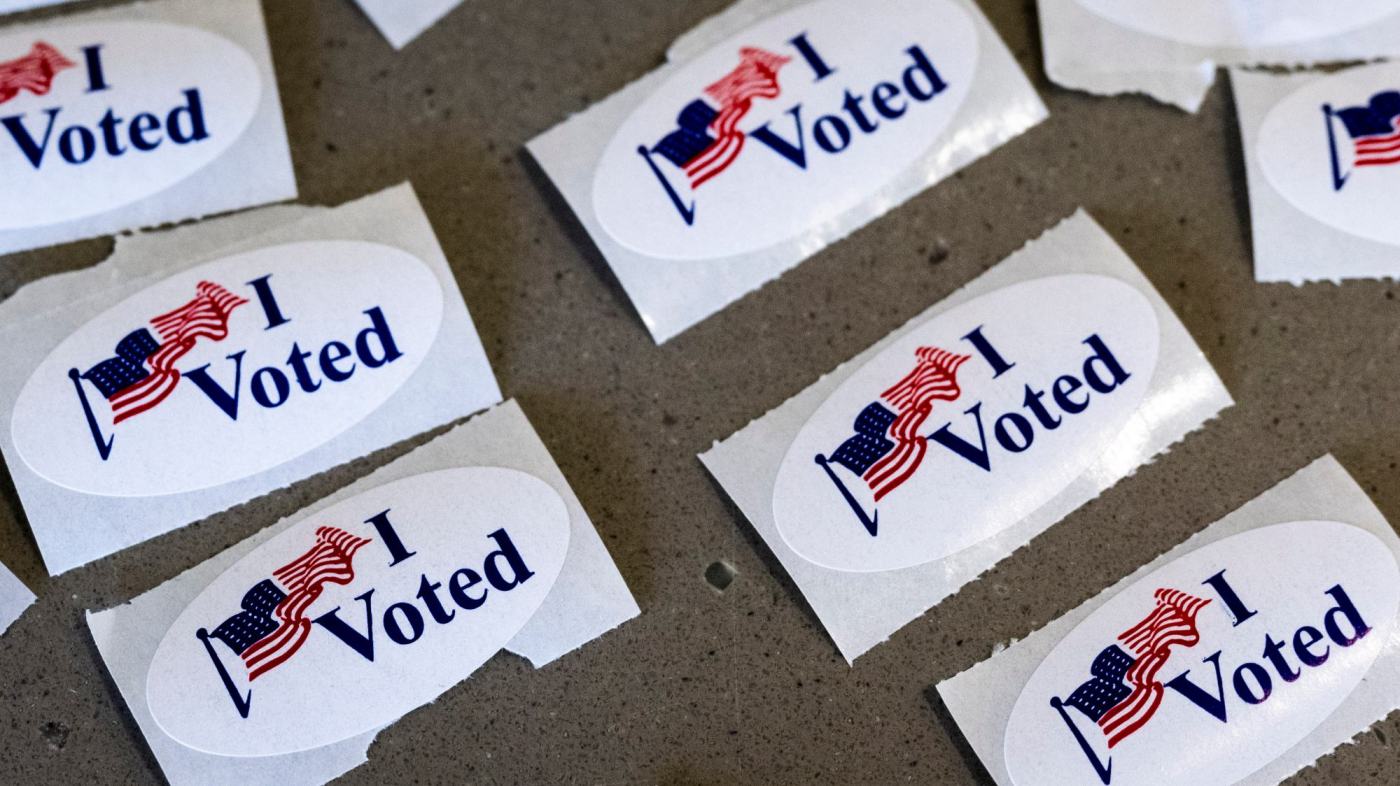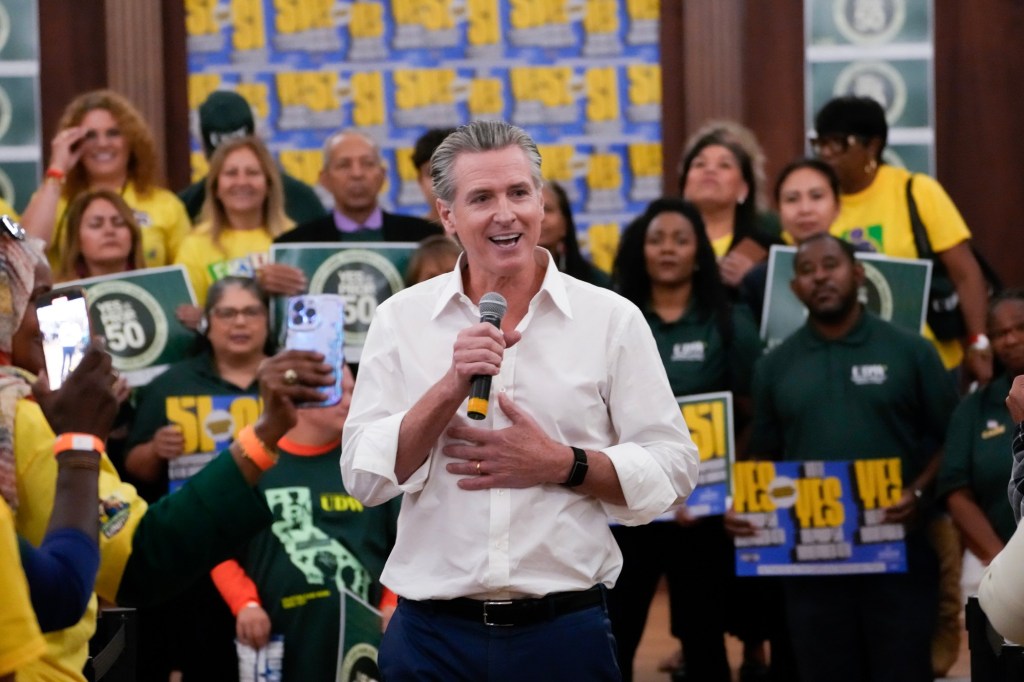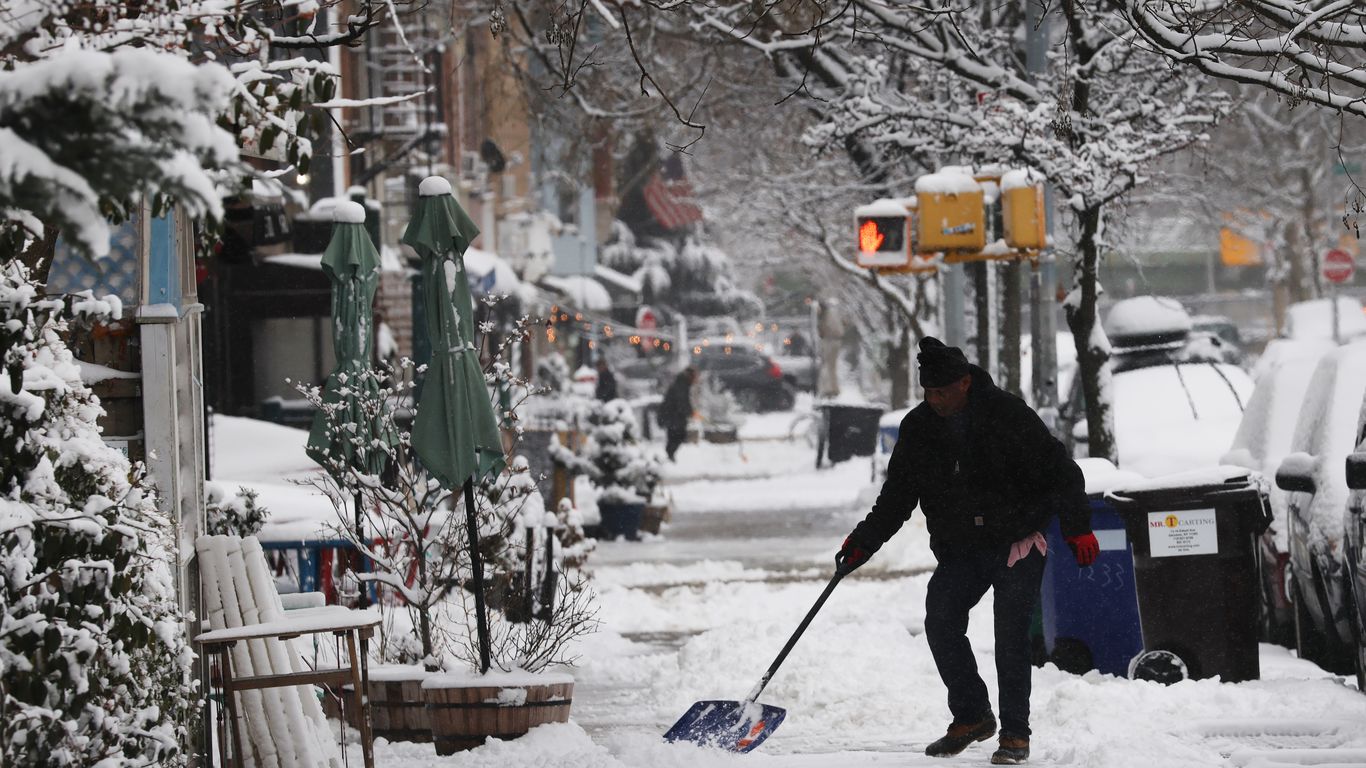On October 18, 2025, the “No Kings” protests erupted in multiple cities worldwide, drawing thousands of participants who rallied against perceived inequalities and injustices. Significant gatherings occurred in cities such as Princeton and Trenton in the United States, with protests also reported in Bucks County, Philadelphia, New York City, and various towns across New Jersey.
In Princeton, demonstrators filled Monument Park, showcasing the movement’s widespread appeal. The event attracted a large crowd, united under the message of rejecting authoritarianism and advocating for equality. Similarly, in New York City, protesters flooded Times Square, a hub for activism, where they voiced their demands for social change.
Protests Across Major Cities
Washington, D.C. also witnessed a vibrant display of dissent as demonstrators marched down Pennsylvania Avenue, dressed in inflatable costumes and waving banners emblazoned with “No Kings” slogans. The sight was both colorful and impactful, reflecting the creativity and determination of those involved.
Across the Atlantic, cities around the globe echoed these sentiments, with protests reported in London, Sydney, and other major urban centers. Each event shared a common theme: a call for political accountability and a rejection of monarchic or dictatorial governance.
According to eyewitness accounts and photographs shared via social media, the protests featured a diverse array of participants, including families, students, and activists. Some dressed as historical figures, including a prominent portrayal of the Statue of Liberty, symbolizing the fight for freedom and justice.
Impact and Reactions
The scale and organization of the “No Kings” protests reflect a growing global movement advocating for democratic values. Organizers have emphasized the importance of collective action in the face of systemic issues. As the movement gains traction, discussions surrounding its implications for political discourse and social policy continue to unfold.
As these protests conclude, the focus shifts to the potential long-term impact on local and international politics. Observers are keenly analyzing the responses from government officials and institutions, which may play a crucial role in shaping future dialogues surrounding democracy and governance.
The “No Kings” movement has sparked conversations not only in the streets but also online, as hashtags associated with the protests trend across various platforms. Participants are committed to maintaining momentum and ensuring their voices are heard in the ongoing quest for equality and justice.
In summary, the events of October 18, 2025, mark a significant moment in global activism, showcasing the power of collective voices in the pursuit of change. The “No Kings” protests have united diverse communities in a common cause, demonstrating the enduring spirit of advocacy and the demand for political reform.

